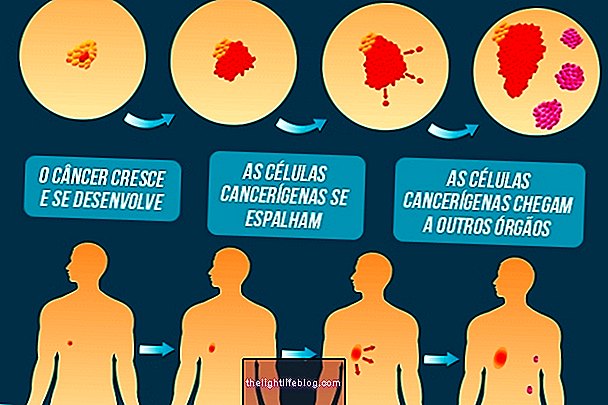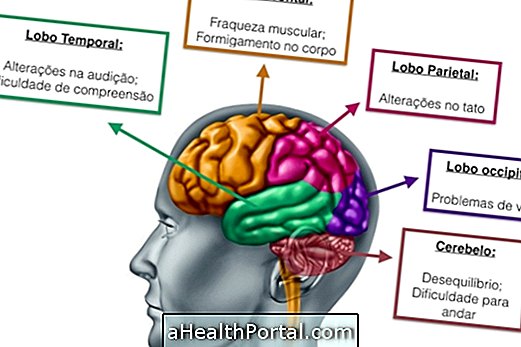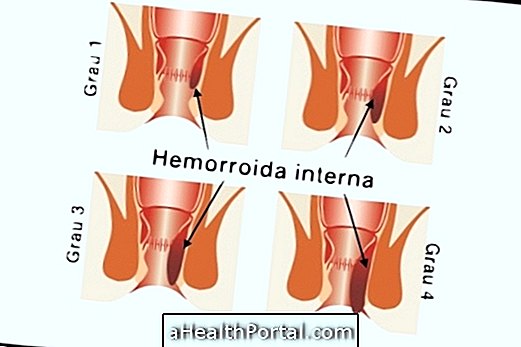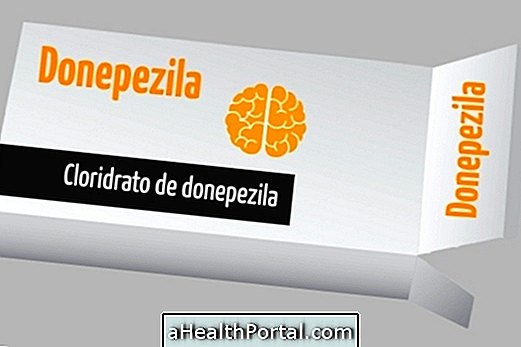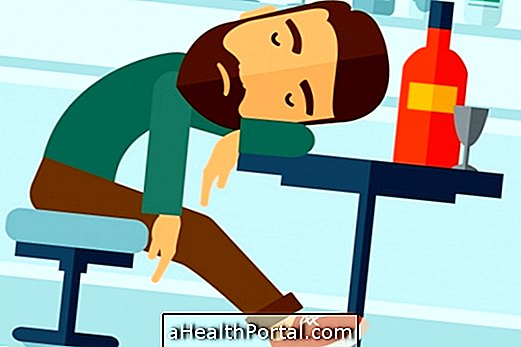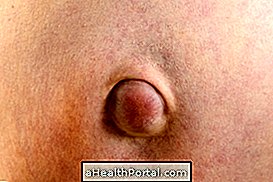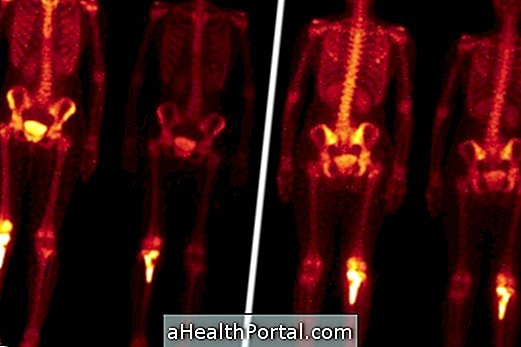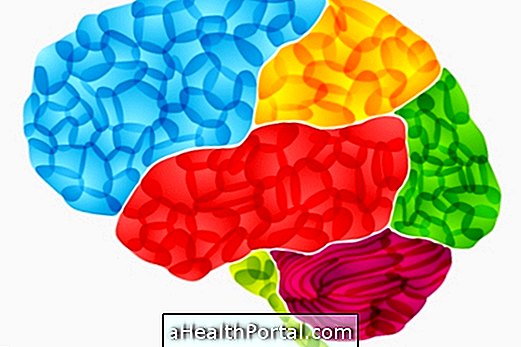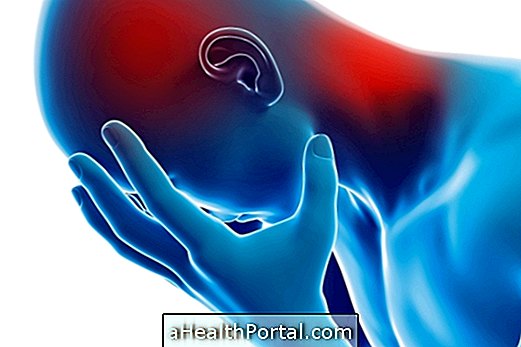Huntington's disease, also known as Huntington's chorea, is a rare genetic disorder that causes dysfunction of movement, behavior and the ability to communicate. The symptoms of this disease are progressive, and can begin between the ages of 35 and 45, and diagnosis in the early stages is more difficult due to the fact that the symptoms are similar to those of other diseases.
Huntington's disease has no cure, but there are treatment options with medications that help to relieve symptoms and improve quality of life, which should be prescribed by the neurologist or psychiatrist, such as antidepressants and anxiolytics, to improve depression and anxiety, or Tetrabenazine, to improve changes in movement and behavior.

Main symptoms
The symptoms of Huntington's disease may vary from person to person, and may progress more quickly or be more intense according to whether or not treatment is performed. The main symptoms related to Huntington's disease are:
- Rapid involuntary movements, called chorea, that begin to be located on a limb of the body, but that, over time, affect various parts of the body.
- Difficulty walking, talking and looking, or other changes in movement;
- Muscle stiffness or trembling;
- Behavior changes, with depression, suicidal tendency and psychosis;
- Changes in memory, and difficulties in communicating;
- Difficulty speaking and swallowing, increasing the risk of choking.
In addition, in some cases there may be changes in sleep, unintentional weight loss, decreased or inability to perform voluntary movements. Chorea is a type of disorder characterized by being brief, like a spasm, which can cause this disease to be confused with other disorders, such as stroke, Parkinson's, Tourette's syndrome or to be considered as a consequence of the use of some medication.
Therefore, in the presence of signs and symptoms possibly indicative of Huntington's syndrome, especially if there is a history of the disease in the family, it is important to consult the general practitioner or neurologist so that an assessment of the signs and symptoms presented by the person is made, as well as the realization imaging tests such as computed tomography or magnetic resonance imaging and genetic testing to confirm the change and initiate treatment.
Cause of Huntington's disease
Huntington's disease occurs due to a genetic alteration, which is passed on in a hereditary way, and which determines a degeneration of important regions of the brain. The genetic alteration of this disease is of the dominant type, which means that it is enough to inherit the gene from one of the parents to be at risk of developing it.
Thus, as a consequence of genetic alteration, an altered form of a protein is produced, which results in the death of nerve cells in some parts of the brain and favors the development of symptoms.
How the treatment is done
The treatment of Huntington's disease should be done under the guidance of the neurologist and psychiatrist, who will assess the presence of symptoms and guide the use of medications to improve the person's quality of life. Thus, some of the drugs that can be indicated are:
- Medicines that control movement changes, such as Tetrabenazine or Amantadine, as they act on neurotransmitters in the brain to control these types of changes;
- Medicines that control psychosis, such as Clozapine, Quetiapine or Risperidone, which help to reduce psychotic symptoms and behavioral changes;
- Antidepressants, such as Sertraline, Citalopram and Mirtazapine, which can be used to improve mood and calm people who are very agitated;
- Mood stabilizers, such as Carbamazepine, Lamotrigine and Valproic acid, which are indicated to control behavioral impulses and compulsions.
The use of medicines is not always necessary, being used only in the presence of symptoms that bother the person. In addition, performing rehabilitation activities, such as physical therapy or occupational therapy, are very important to help control symptoms and adapt movements.
Was this information helpful?
Yes No
Your opinion is important! Write here how we can improve our text:
Any questions? Click here to be answered.
Email in which you want to receive a reply:
Check the confirmation email we sent you.
Your name:
Reason for visit:
--- Choose your reason --- DiseaseLive betterHelp another personGain knowledge
Are you a health professional?
NoMedicalPharmaceuticalsNurseNutritionistBiomedicalPhysiotherapistBeauticianOther
Bibliography
- ASSOCIATION BRASIL HUNTINGTON. What is Huntington's Disease. Available in: . Accessed on 22 Jan 2021
- ORPHANET. Huntington's disease. Available in: . Accessed on 22 Jan 2021

